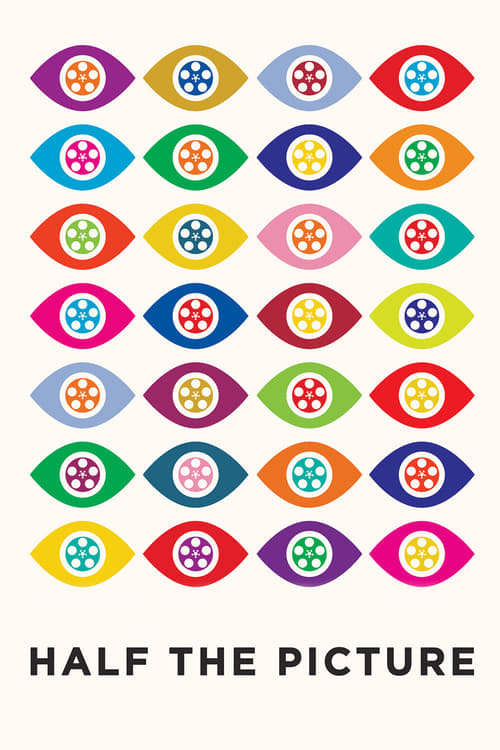Hollywood rueda en España (1955-1980) (2018)
The turbulent history of the twenty-five years during which, in the midst of Franco's dictatorship, Spain was turned into an immense movie set on which many foreign production companies shot dozens of films, from westerns to historical epics.
Directors
Release Date
Sep 07, 2018
Runtime
01h 49m
Actors
N/D
Genre
Available in streaming on
The turbulent history of the twenty-five years during which, in the midst of Franco's dictatorship, Spain was turned into an immense movie set on which many foreign production companies shot dozens of films, from westerns to historical epics.
Movies like Hollywood rueda en España (1955-1980)
7.1

6.2

4.0

Antonio García-Trevijano: Transición e historia política de España en primera persona
2021
Search similar movies
6.4
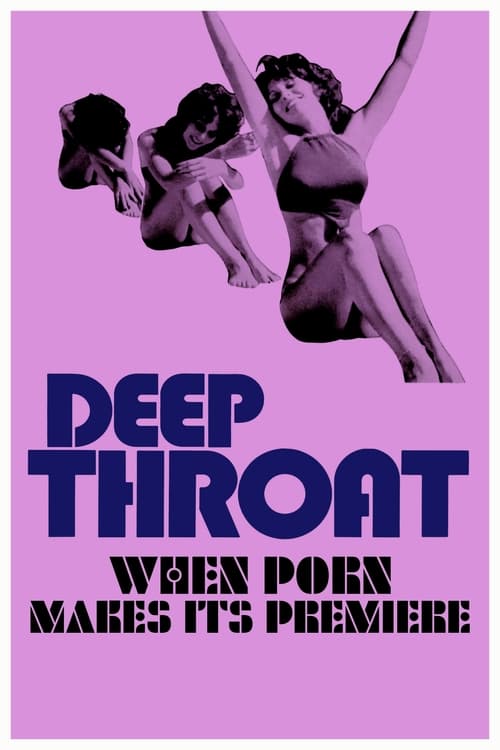
7.3
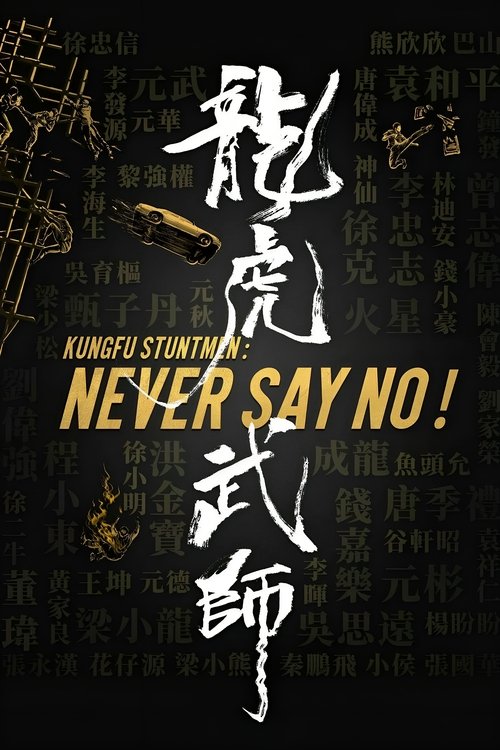
5.9

6.0
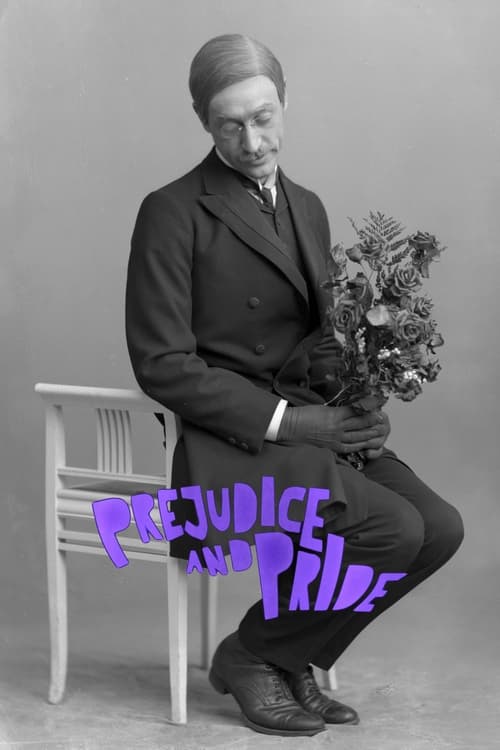
7.5
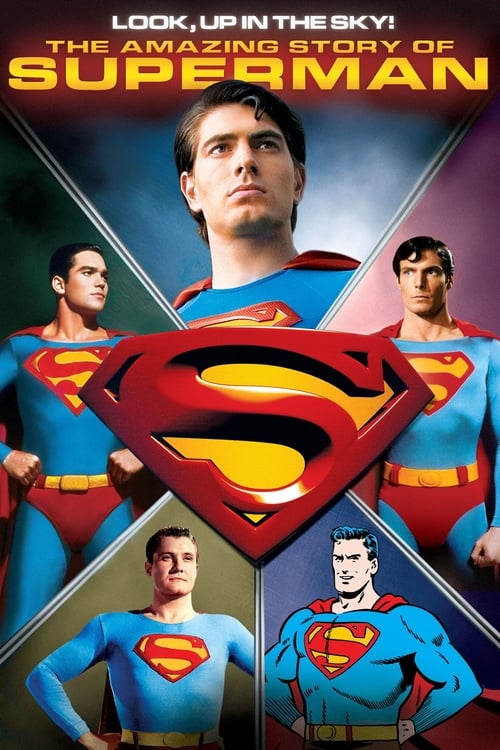
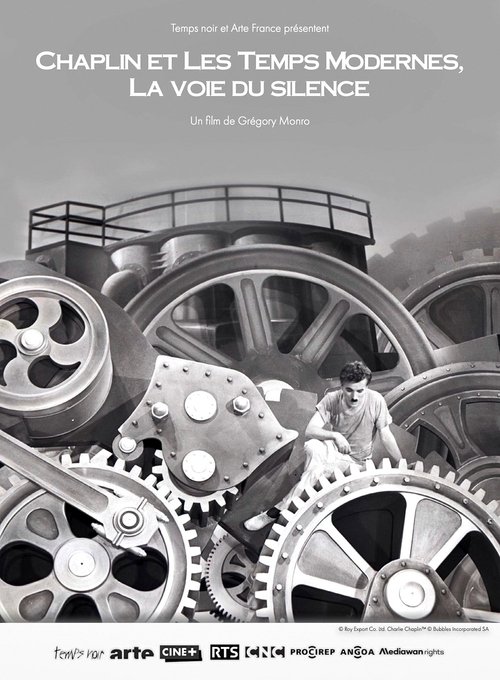
6.5
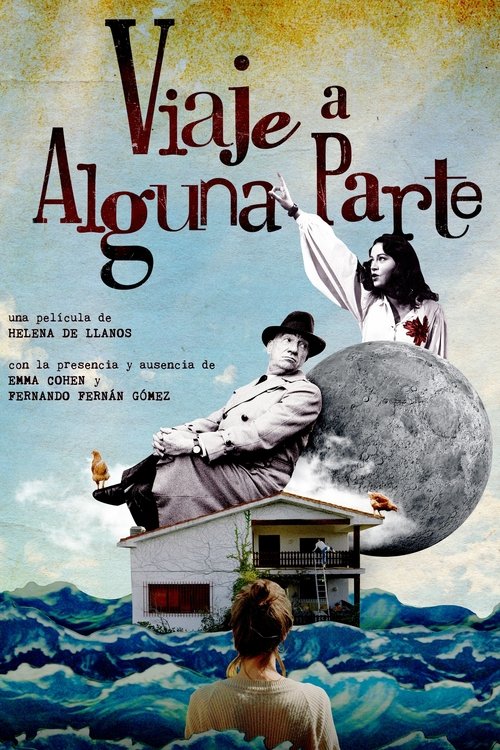
6.7

6.6

6.0

6.7

6.5
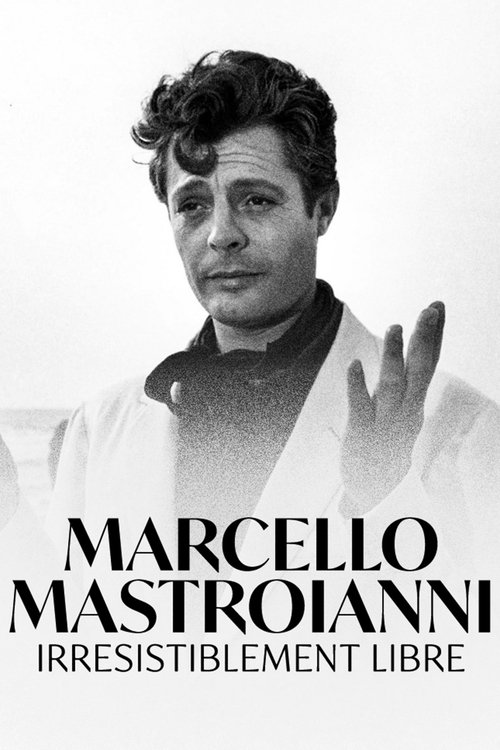
8.1
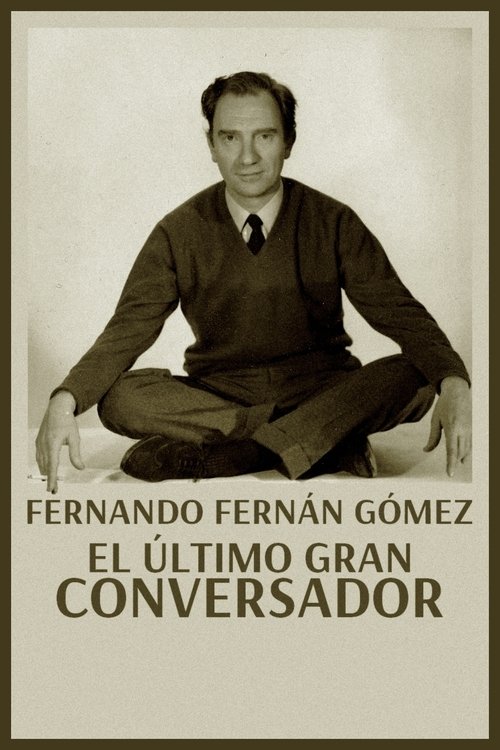
3.0
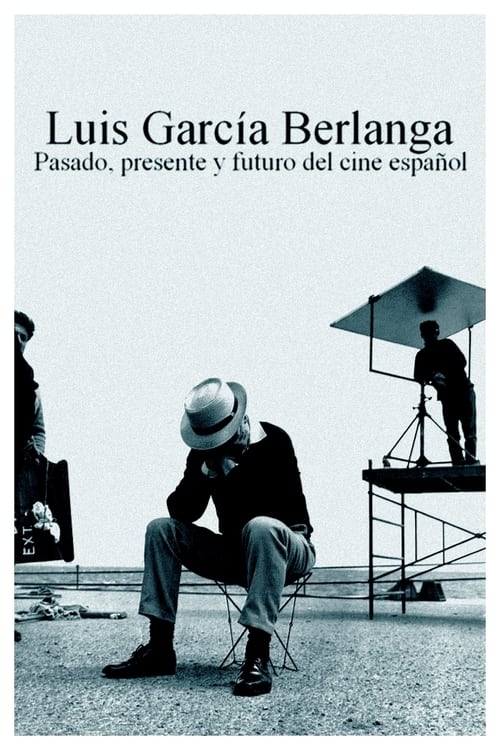
7.8

4.6
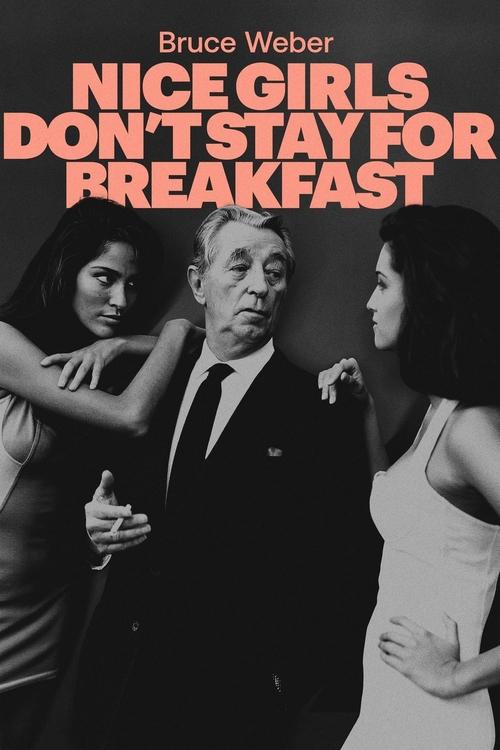
6.3

6.6
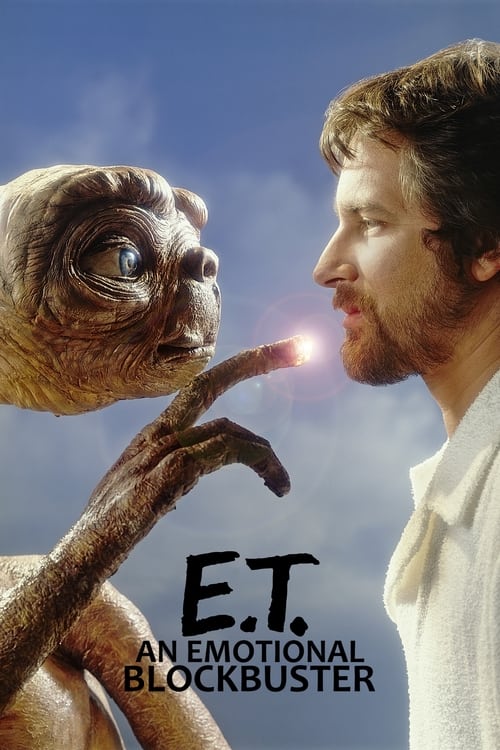
7.3
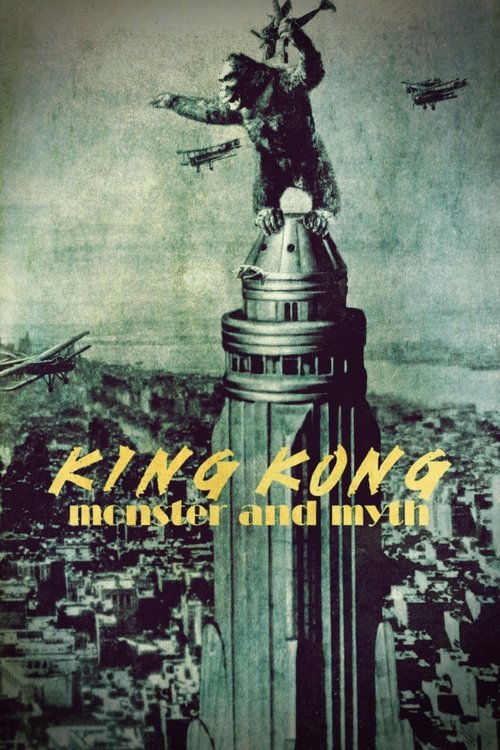
6.1
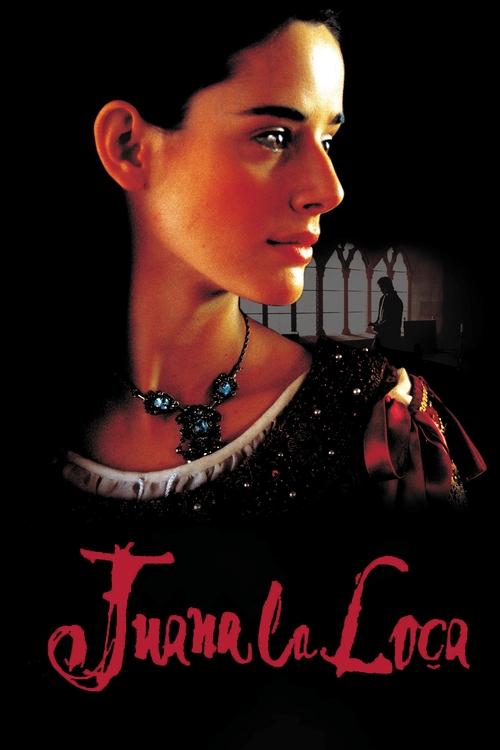
7.0
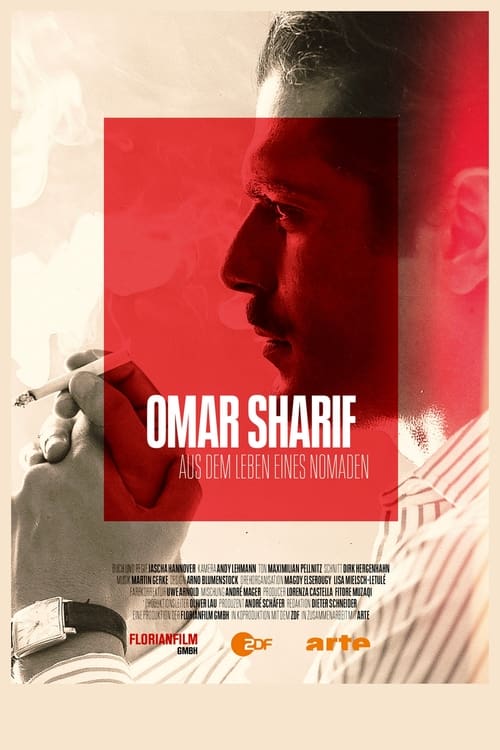
7.6

5.0
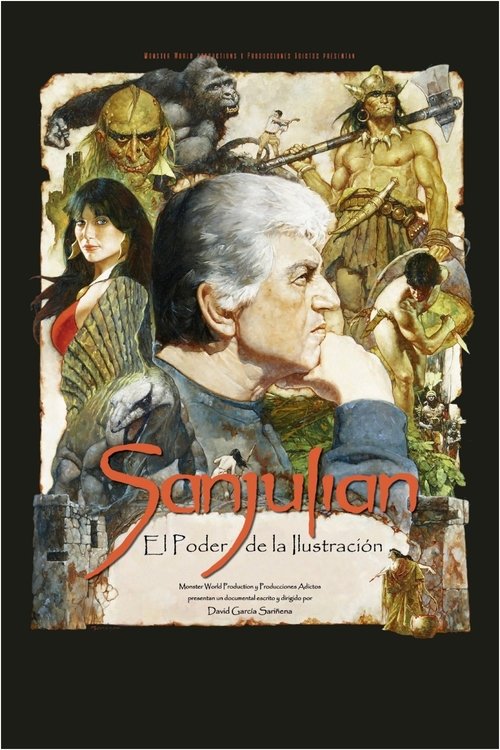
6.5
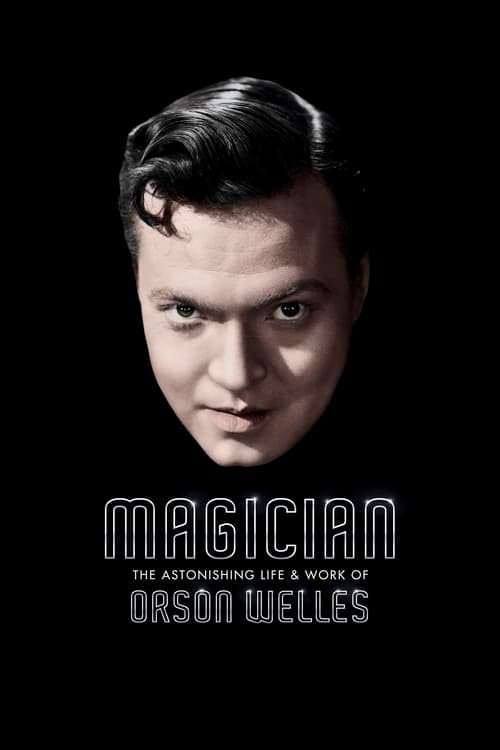
7.2
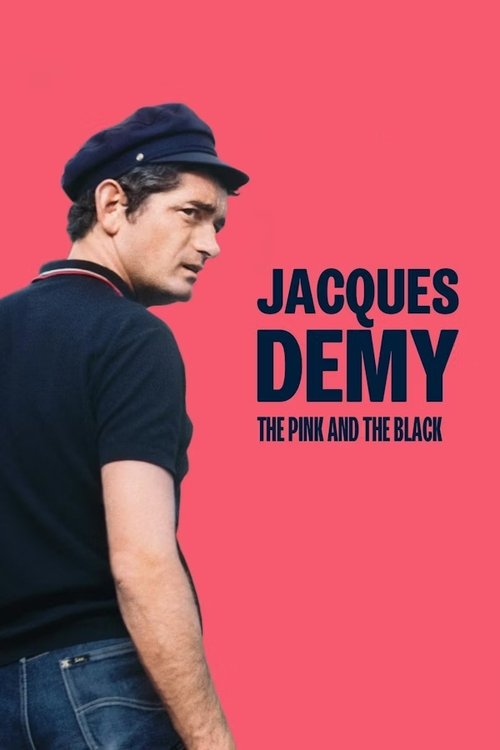
7.5
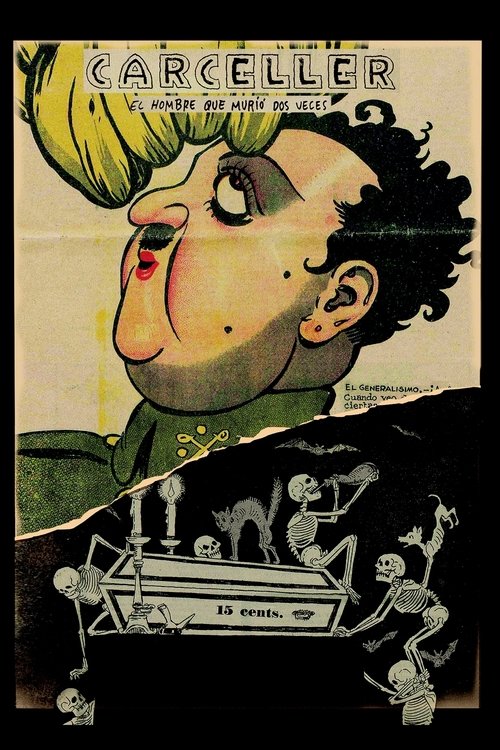
8.5
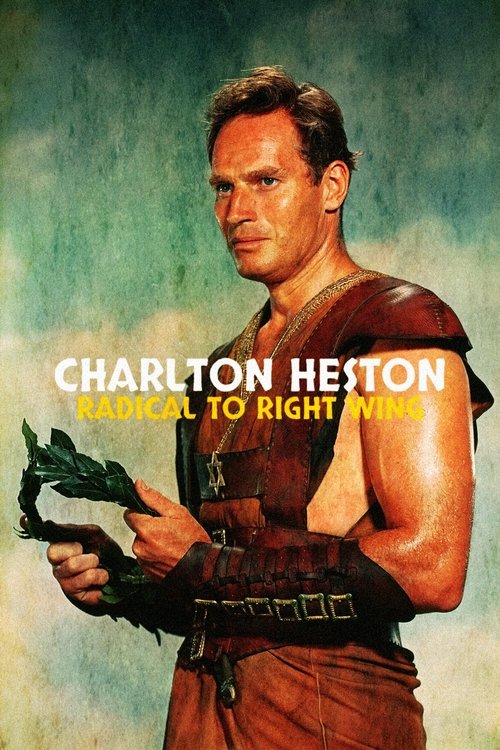
7.2
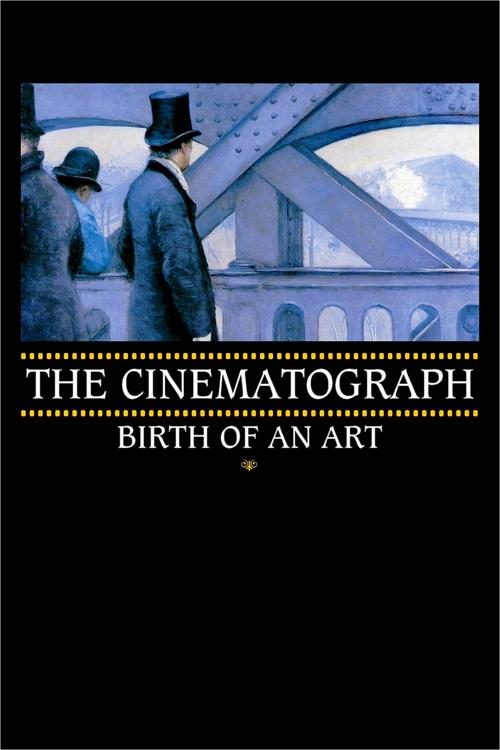
7.1

Easy Riders, Raging Bulls: How the Sex 'n' Drugs 'n' Rock 'n' Roll Generation Saved Hollywood
2003
Search similar movies
5.9
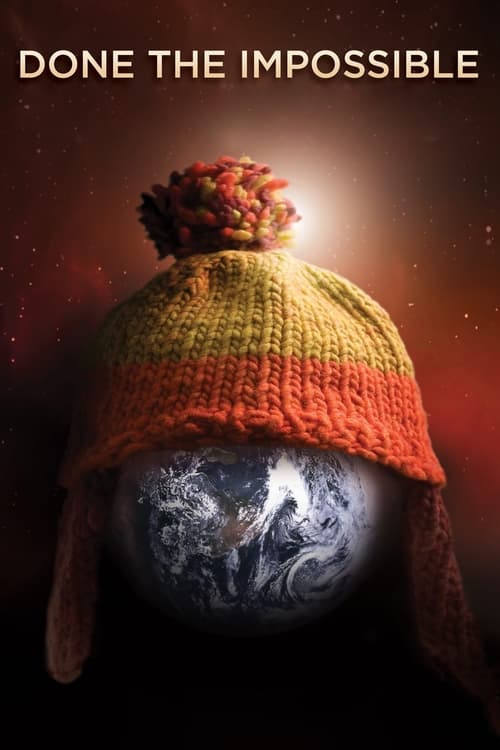
7.8

7.4
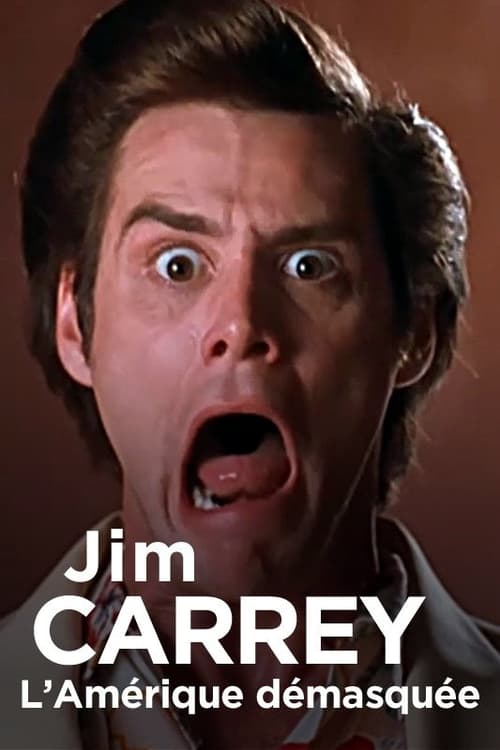
6.8
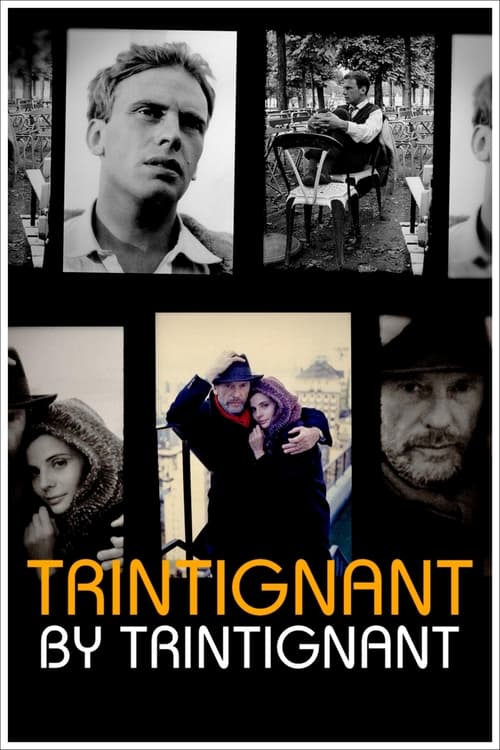
6.9
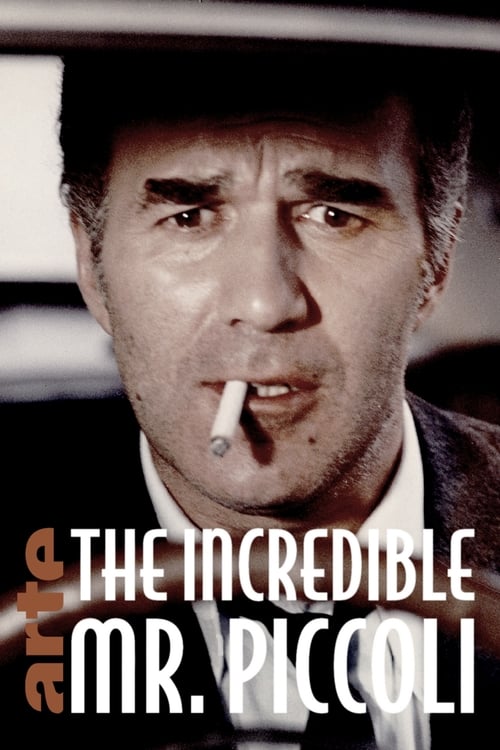
4.5

6.5

6.7
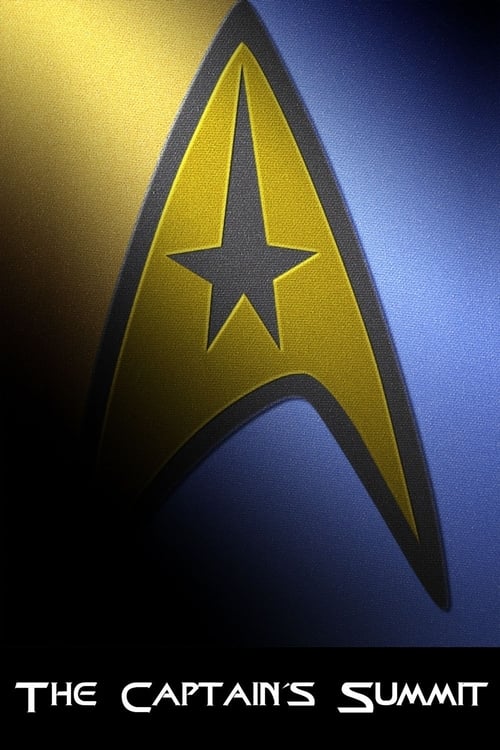

6.0
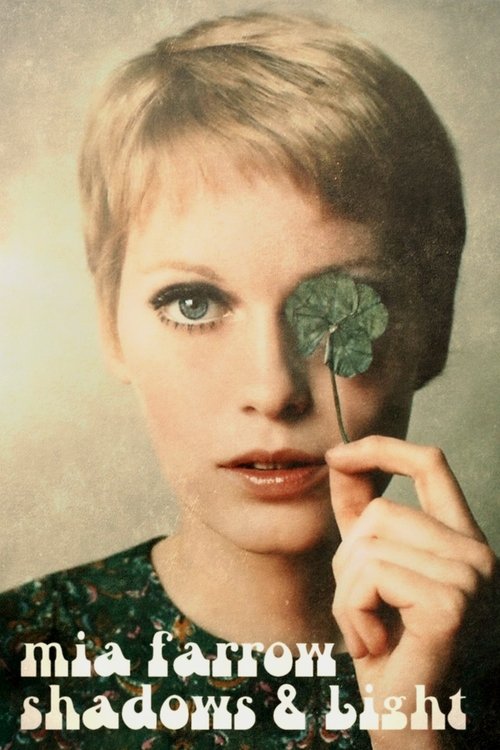
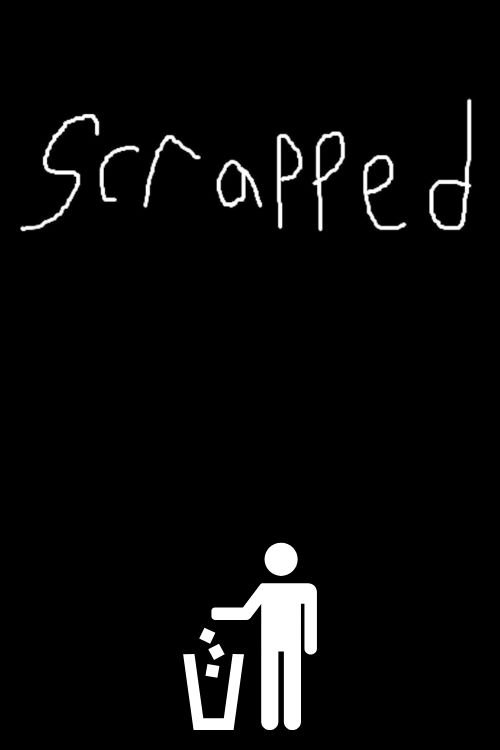
6.6
